
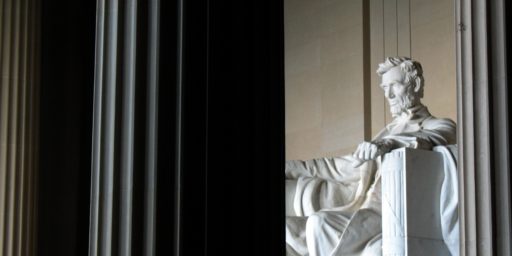
A Very OTB Speech: A Republic, Not A Democracy–A False and Misleading Slogan
Our present-day politics reminds us that the “unfinished work” of democracy is never fully complete.


Our present-day politics reminds us that the “unfinished work” of democracy is never fully complete.
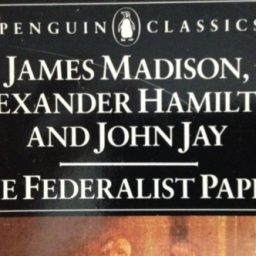

Liberty may be natural to the individual, but political liberty remains an uncommon achievement.
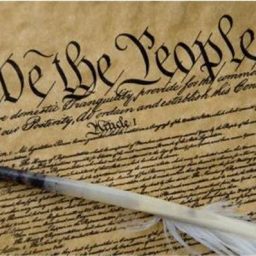

Partisanship is more important than institutional autonomy.


The post really isn’t about Sinema as much as it about a theory of poltiics.


America’s institutions are undemocratic but only some of them are a product of the Constitution.


Gridlock doesn’t mean government stops. It just shifts who is governing.
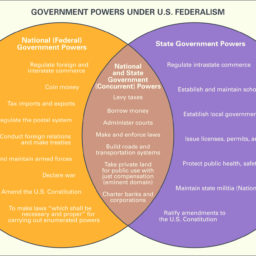
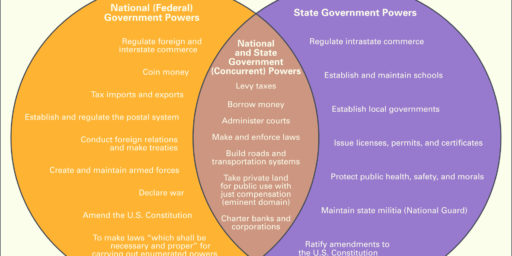
A fundamental building block of our system makes it nearly impossible to fix.


Having failed to prevent or contain it, aggressive stupidity is now washing over us.


Yesterday’s hearing before the House Judiciary Committee did a good job of explaining how the facts of the Ukraine scandal meet the Constitution’s definition of impeachable offenses.


If one believes the electoral college is awesome, one cannot make an argument from the position of “the wisdom of the Founders” nor from a viewpoint based on original intent.


Surely it’s time to put a woman on American currency again, but why go after Alexander Hamilton?


When I saw the entry at memeorandum proclaiming that “Wikipedia Is Now Trying To Eliminate The Federalist’s Online Entry,” I was flummoxed.


Rush Limbaugh is still really, really angry about subsidized birth control. And lots of other stuff.


A piece at Foreign Policy provides a chance to give some thought to institutions.


The Supreme Court, subject to revision.


A potentially significant ruling on Separation Of Powers.


Representative democracy is a process of delegation of power to agents who act on behalf of citizens. The process of delegation matters.
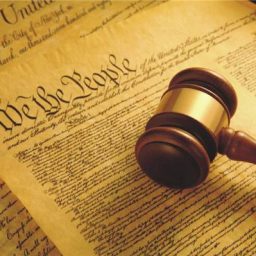

What does the US Constitution actually provide in terms of guidance for governance?
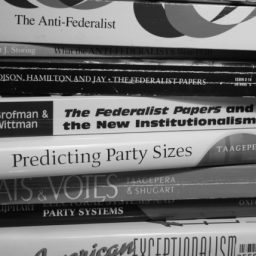

There are a number of problems with the notion that the Federalist Papers provide a perfect guide to the Constitution.


If we taught the Federalist Papers more rigorously would that lead to a shared view of the constitution?


The US came a lot closer to something resembling a parliamentary system than most people think.


Another survey shows that Americans don’t know much about their own history, but does it really matter?
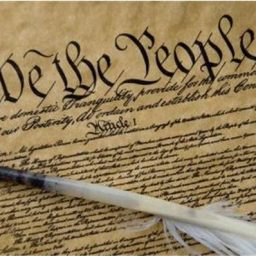
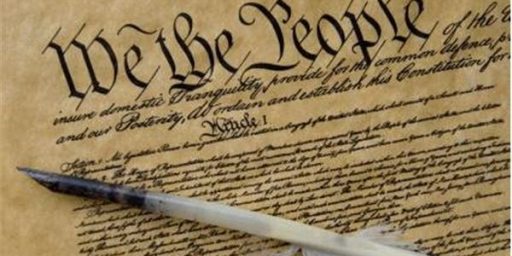
Constitutional ambiguity is as old as, well, it’s as old as the Constitution itself
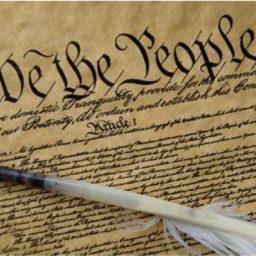

The battle over the individual mandate is really just nothing more than the latest round in a batter that has been ongoing for 221 years.

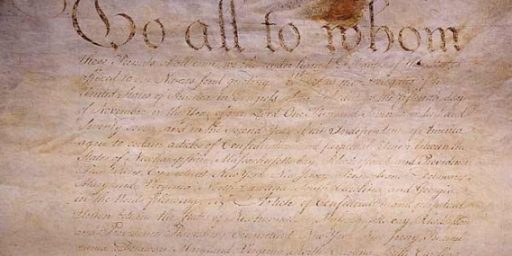
Sorting out, to some degree, the role of the states in our constitutional order.
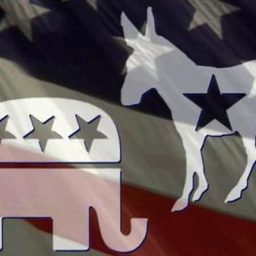

Reason’s Meredith Bragg and Nick Gillespie have a pretty amusing rejoinder to the Obama administration’s attempts to smear the anonymous funding of television ads opposed to their agenda in a video titled “Who is Publius? or, Who’s Afraid of Anonymous Political Speech?”


Both the Constitution and the Federalist Papers, impressive as they are, must be understood in terms of not just applied political philosophy, but practical politics as well.
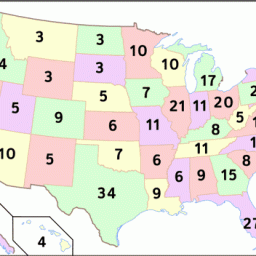
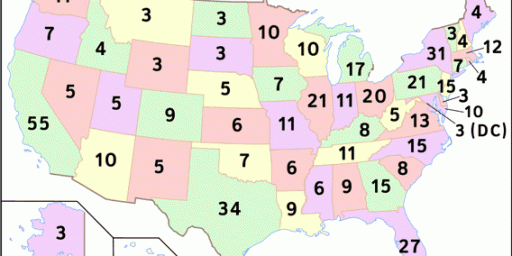
The first in a multi-part series on the Electoral College.